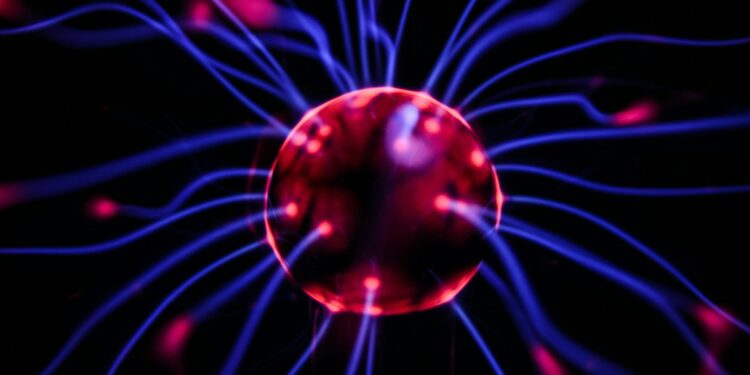This is quite the achievement.
Elon Musk, one of the co-founders of Neuralink, recently announced that the company has successfully implanted its first brain device in a human over the weekend. Musk shared this development on X, the platform formerly known as Twitter. The patient is reported to be “recovering well,” and Musk mentioned that the initial results indicate promising neuron spike detection. However, he did not provide any additional details about the individual. Neuralink had previously revealed plans to recruit individuals with quadriplegia due to spinal cord injury or amyotrophic lateral sclerosis (ALS) for its brain implant trials.
Despite Neuralink’s use of advanced robotic surgery for precise brain device placement, Laura Cabrera, a brain science researcher at Pennsylvania State University, expressed concerns about potential risks associated with the procedure. She highlighted the complexity of brain surgery, emphasizing the inherent dangers such as brain hemorrhage or seizures. Cabrera stressed the importance of caution, even with Neuralink’s innovative approach, particularly regarding the safety of human patients.
Neuralink’s brain-computer interface device, roughly the size of a large coin, is implanted in the skull, with ultra-thin wires directly entering the brain. The wires are surgically placed in a region of the brain controlling movement intention, initially aiming to empower individuals to control a computer cursor or keyboard through their thoughts alone, as initially announced in September.
In a separate X post, Musk introduced Neuralink’s first product, named “Telepathy,” with the goal of allowing users to control their phones or computers solely through thought. Musk specified that early users would be individuals who have lost the use of their limbs.
While Neuralink is a prominent player in brain-computer interface technology, it is not the only one. Clinicaltrials.gov indicates more than 40 ongoing trials in this field. While competitors of Neuralink focus primarily on medical applications, Musk has been outspoken about broader applications. Cabrera noted Musk’s ambitious vision for implants enabling individuals to record and access every aspect of their experiences, emphasizing the need for a thorough assessment of both the strengths and weaknesses of such technology.

































Discussion about this post